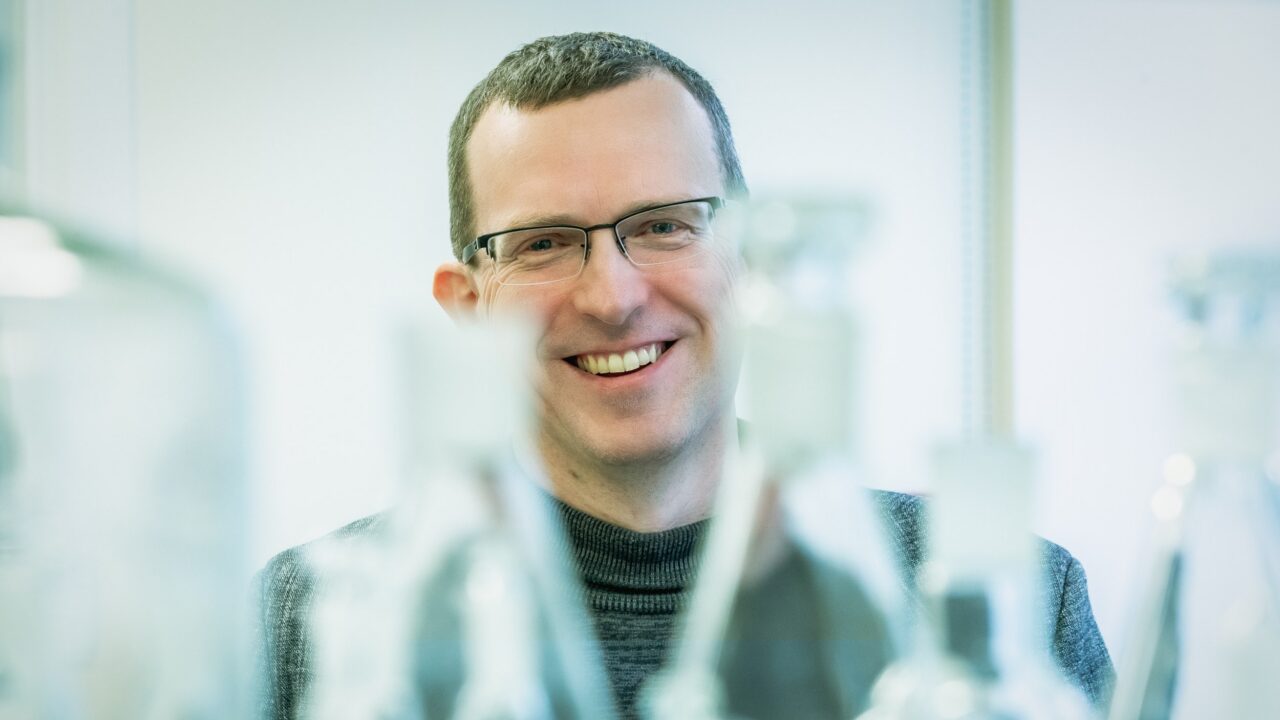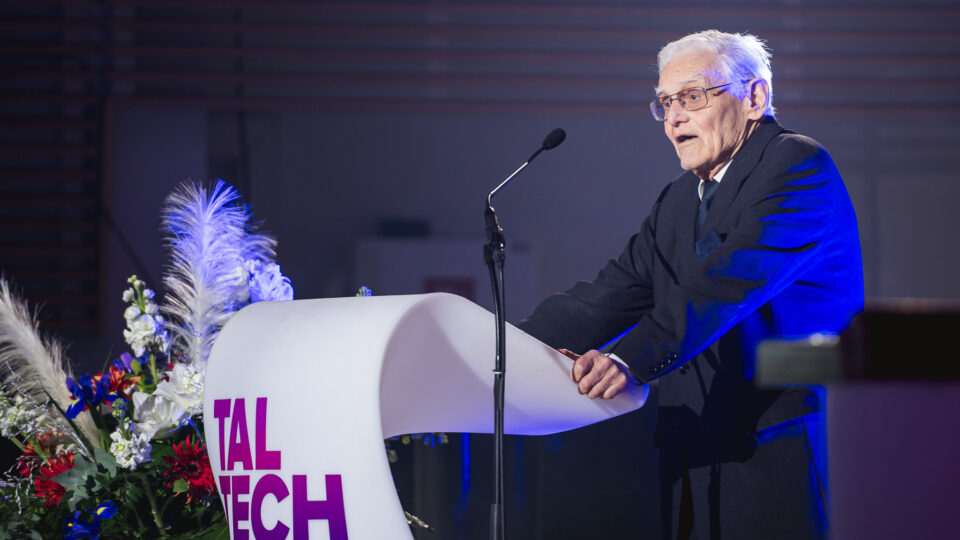In today’s Western world, a prevailing belief has taken hold—its roots planted during the Enlightenment—that science and faith, creation and the Creator, must be kept separate. Yet this view characterises only part of the world.
It is in human nature to seek understanding of the unknowable. Across the globe, people of faith still significantly outnumber those without, and in Estonia, around 29% of the population consistently identify with some form of belief. In addition, many turn to higher powers through forms of new spirituality. Scientists, meanwhile, are often viewed as champions of materialism.
Science can neither prove nor disprove God
Though the separation of science and faith may dominate discourse, is there perhaps a rationally demonstrable link between the two? One might begin with the postulate that, to a believer, it is just as impossible to prove God’s nonexistence as it is for a non-believer to prove His existence.
Even Saint Augustine affirmed the impossibility of proving God through reasoned debate: “What can be understood is not God.” From a purely human standpoint—through knowledge and experimentation—it is impossible to confirm or deny the existence of God. The sole and fundamental difference between the convictions of believers and non-believers is faith itself. Yet even faith, one’s connection to God, cannot be rationally proven.
From a purely human standpoint—through knowledge and experimentation—it is impossible to confirm or deny the existence of God.
But does a scientist need faith? Perhaps not for those convinced that, given enough resources, every mystery of the universe can eventually be unlocked and harnessed. Faith, however, may be necessary for those who, through their field of research or wider reflection on the cosmos, sense certain boundaries—or what one might call the “great questions.”
Is everything we are and everything we live among merely the result of a fortunate coincidence among infinite possibilities? A random explosion at the dawn of time, a lightning strike into a primordial ocean? Has all of this arisen and continued without any organising or creative force? Rational thought offers no answers to these questions. In a world where nearly every clear-headed scientist will admit that we do not fully understand how the universe works, it would be arrogant to claim that we can determine the existence or absence of a Creator based on such incomplete knowledge.

Statue of Nicolaus Copernicus in Warsaw. Photo: Rafael Ishkhanyan / Unsplash
Do scientists need faith?
Beyond the great existential questions, a scientist may also need faith to reflect on the value and purpose of their own work. Is what I’m doing right? Is it necessary for the good of others? Is everything permitted in science, or must we also take responsibility for our discoveries?
Science has brought humanity unprecedented prosperity, but also the most extreme overconsumption of resources – and the very real possibility of self-destruction. It has delivered extraordinary tools of information technology that make society more efficient and convenient, yet also created instruments capable of sowing chaos in the human mind on an unimaginable scale.
One of the cornerstones of modern society is polymer materials – without them, we’d be living as we did in the early 20th century. At the same time, we face a serious waste crisis. Medicine has extended and improved life, yet the Pandora’s box of genetics may still be unopened. These are just a few examples, but in nearly every field of science we can find both remarkable achievements and harmful consequences stemming from misuse, misinterpretation or ill intent.
At the heart of faith lies selflessness – complete dedication to the Creator, to creation, and to one’s fellow beings. In faith, intentional harm cannot be justified. The opposite of faith is egocentrism – the belief in the omnipotence of the self, the nation, or humanity as a whole.
The opposite of faith is egocentrism – the belief in the omnipotence of the self, the nation, or humanity as a whole.
This invites us to pause and reflect: which approach does our world need more right now? Do we want new scientific achievements to exploit the planet more efficiently and outcompete others in a race for dwindling resources – or do we need a paradigm shift, a focus on giving, preserving, supporting and nurturing? If we choose the latter, I dare say that such a change is impossible without faith.
Wishing you a blessed Easter.




